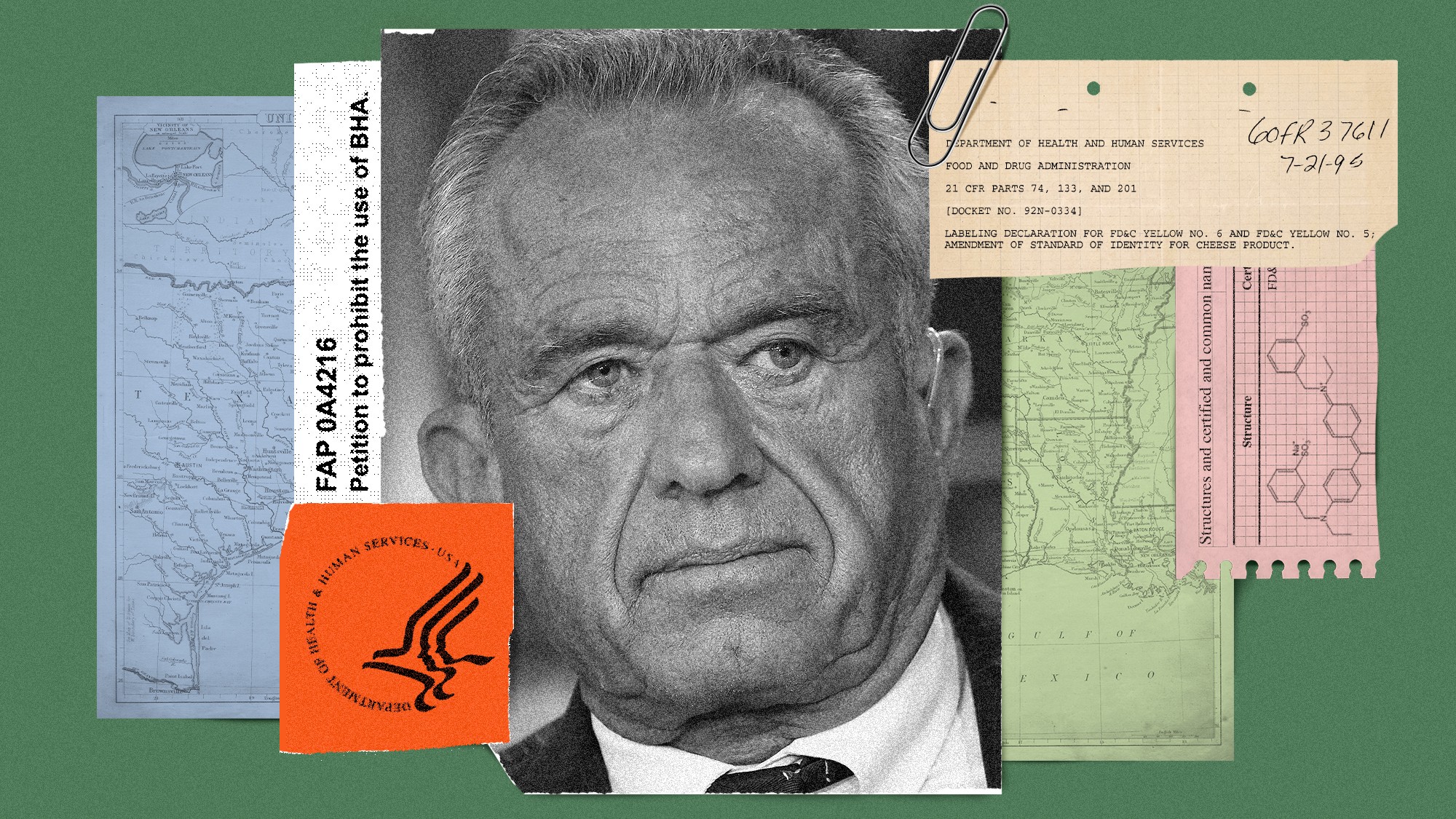In the wake of January’s deadly wildfires, Los Angeles County leaders are weighing a disaster registry intended to help disabled and senior residents get connected to emergency responders to bring them to safety during disasters.
County supervisors approved a feasibility study this spring for such a voluntary database. Supporters applauded the effort to give more notice and assistance to the more than 1 million county residents with some type of disability, such as cognitive impairment or limited mobility.
“If we know that people perish in these situations, what are our answers?” said Hilary Norton, who runs FASTLinkDTLA, a nonprofit focused on mobility issues. “This is the time for people to really understand the magnitude for people in need when things like this happen.”
Amid the increasing frequency of natural disasters across the U.S. — brought into sharp relief by the recent deadly floods in Texas — state and local governments from Oregon to North Carolina have turned to disaster registries to prioritize help for vulnerable residents when fires, hurricanes, and other environmental catastrophes strike. But while some politicians say these registries are a potential solution to a public health problem, many disability advocates see them as ineffective tools that give people a false sense of security because there is no guarantee of evacuation help.
“They’re described in a way that communicates that if you place your information in this registry and you will need assistance, they will be able to plan for it, so in a disaster you will be safer. And in reality, that is simply not the case,” said Maria Town, president and CEO of the American Association of People with Disabilities.
Town, who has cerebral palsy, had been in Houston for six months when Hurricane Harvey hit in 2017. Texas makes a free registry called the State of Texas Emergency Assistance Registry available to cities and counties to help them identify needs in their communities, but how or if they use it is up to them. Fewer than 5% of people who registered were contacted during Harvey, and even fewer got evacuation assistance, according to a 2023 study by the National Council on Disability, a federal agency that advises on disability policies and programs. The hurricane took 89 lives.
“I heard people say, ‘I thought I was safe. I registered,’” Town said of the calls she got during and after Harvey.
Neither the Texas Division of Emergency Management nor officials in Kerr County, the area hit hardest by the recent floods in Texas Hill Country, responded to questions about whether any accommodations were made for residents on the registry during the early July catastrophe.
Many registries, like Florida’s Special Needs Registry, expressly tell participants they still must make their own evacuation plans. The Florida Department of Health oversees the registry and, like in Texas, shares the information with local emergency management officials for their use. In North Carolina’s Rockingham County, individuals must apply to be on the registry, and inclusion is not guaranteed. The registry page for Jackson and Josephine counties in Oregon warns that it can take up to three months for residents’ information to be made available to rescue workers.
The National Council on Disability says registries are harmful. “They are ineffective and provide a false sense of security of future guaranteed assistance,” Nicholas Sabula, a spokesperson for the organization, said in a statement.
The California Governor’s Office of Emergency Services also “strongly discourages” using registries, saying they can deter people from making their own disaster plans and raise privacy concerns. Disability advocates have also cited privacy as a concern.
But Los Angeles politicians behind the registry effort insist they are worth looking into — at least a third of those who died in the Eaton Fire had issues that could affect their mobility and therefore their ability to flee in the face of disaster, according to a Los Angeles Times analysis. Anthony Mitchell Sr., an amputee in a wheelchair, and his 35-year-old son, Justin, who had cerebral palsy, were among the 18 people killed when the wildfire ripped through the Los Angeles County community of Altadena in January.
Further driving the initiative is the aging of L.A. County’s population: The California Department of Finance’s Demographic Research Unit has estimated that more than a quarter of Los Angeles County residents will be 60 or over by 2030 — about 2.5 million people.
Supervisor Kathryn Barger, who represents Altadena and proposed the registry study along with Supervisor Janice Hahn, “wants to drill down and explore its usefulness,” according to her communications director, Helen Chavez Garcia. Barger had not yet talked to the first responder community or had conversations about how emergency services would use the registry, according to Chavez Garcia.
Victoria Jump, an assistant director at the county’s Aging & Disabilities Department, is conducting the feasibility study — which she noted does not include cost estimates — and will make a recommendation to the Board of Supervisors this month on whether to support the project. The board will decide whether to move forward. Jump said she’s gotten largely positive feedback in more than a dozen community sessions.
It’s not the first time Los Angeles has considered and even implemented a disaster registry. The county maintained a voluntary disaster registry called Specific Needs Awareness Planning, but acknowledged in 2016 that the program did “not guarantee priority service to those who register” and had a “low return on investment.” It was discontinued, and registrants were migrated to a mass emergency alert system called Alert LA County.
“We’ve been through this before with the county. It didn’t work. It hasn’t worked around the country,” said Los Angeles resident June Kailes, a disability advocate who uses a power scooter.
Kailes sees what happened in the Eaton Fire as a problem with emergency planning, saying that the county needs to better understand how to offer people with disabilities emergency transportation. She pointed to Galen Buckwalter, a paralyzed Eaton Fire survivor who reportedly drove his motorized wheelchair a mile in the dark to evacuate when he realized it would be impossible for a ride-hailing service to pick him up given the conditions.
Norton, of the mobility nonprofit FASTLinkDTLA, said the registry needs to be about more than just collecting names of disabled residents. “No one wants to create false hope,” Norton said. “It’s an agreement to explore the possibilities. It’s that balance of asking now, in order to make sure in the next disaster they are not left behind.”
This article was produced by KFF Health News, which publishes California Healthline, an editorially independent service of the California Health Care Foundation.
KFF Health News is a national newsroom that produces in-depth journalism about health issues and is one of the core operating programs at KFF—an independent source of health policy research, polling, and journalism. Learn more about KFF.
USE OUR CONTENT
This story can be republished for free (details).






